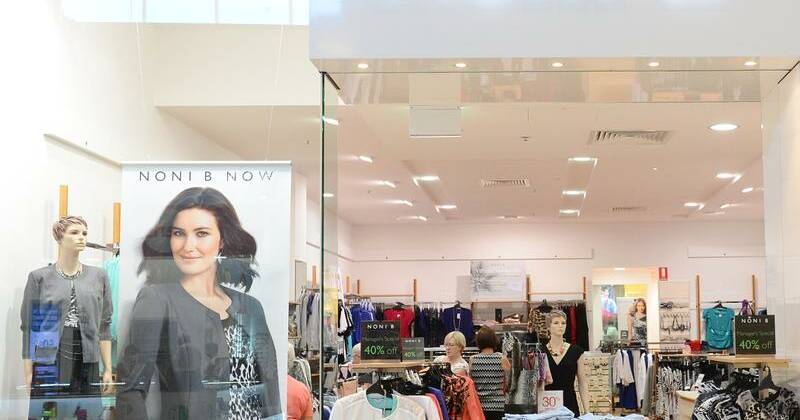Devastating News for Employees and Suppliers
In a shocking turn of events, Australian clothing giant Mosaic Brands has gone bust, leaving a trail of unpaid debts and uncertain futures for its employees and suppliers.
The company voluntarily entered administration on October 28, and a new report from the external administrators has revealed a staggering list of creditors owed a whopping $249 million.
The Fallout: Who’s Affected and How
Over 300 employees are still waiting to find out how much they’re owed, and the future of Mosaic’s brands, including Noni B, hangs in the balance.

The company’s decision to shut down several of its entities, including Autograph, BeMe, Crossroads, Rockmans, and W.Lane, was supposed to pave the way for more investment in its other brands, such as Katies, Millers, Noni B, and Rivers. However, this restructuring attempt ultimately proved unsuccessful.
Bangladeshi Garment Factories Left in the Lurch
One of the most concerning aspects of Mosaic’s collapse is the impact on its Bangladeshi garment factory suppliers. A staggering 23 factories are owed over $30 million, leaving workers who earn just a few hundred dollars a month worried about how they’ll feed their families.
The Road Ahead: Will Mosaic Brands Be Sold?
KPMG, the appointed receivers and managers, are now looking to sell the business, with over 12 interested buyers already in the mix. Administrators are confident that some staff can be redeployed and expect to be able to pay employee entitlements in full.
Industry Outrage and Calls for Reform
The Bangladesh Garment Manufacturers and Exporters Association has slammed Mosaic’s conduct, saying it sets a bad precedent for the industry. Oxfam Australia has also weighed in, highlighting the systemic inequalities that have led to this crisis.
“These workers are already paid poverty wages at around $6 per day for the minimum wage,” said Sarah Rogan, Oxfam Australia advocacy lead. “For Mosaic not to pay for orders already fulfilled means they have essentially worked for free.”
The collapse of Mosaic Brands serves as a stark reminder of the need for greater accountability and transparency in the fashion industry. As the situation unfolds, one thing is clear: the impact will be felt far beyond Australia’s borders.

